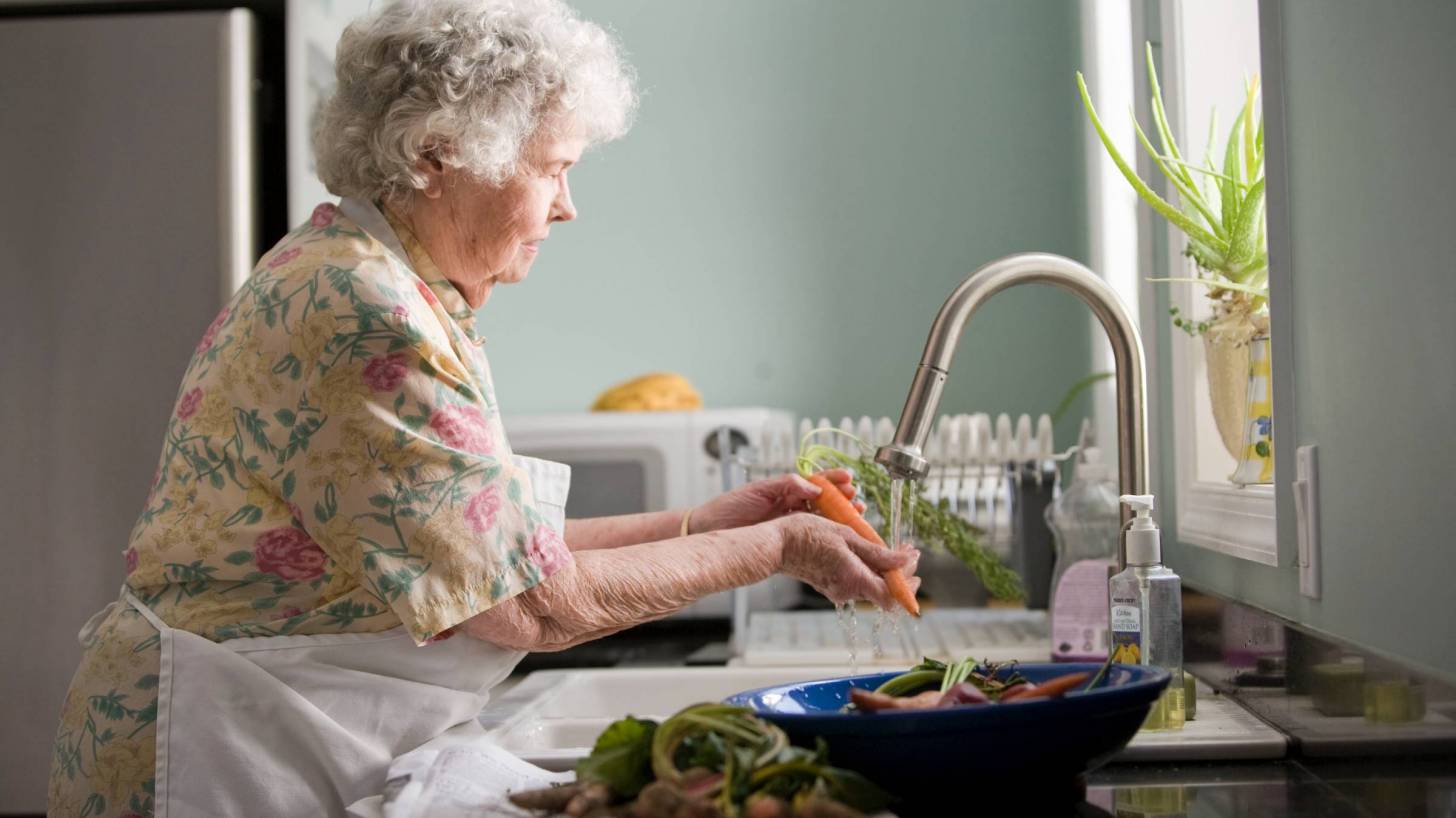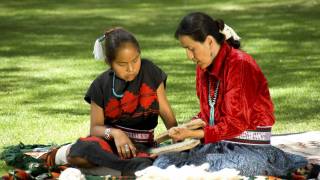Oxford’s COVID-19 Vaccine Empowers Strong Immunity Response in Seniors

Research teams at the University of Oxford announced a late-stage COVID-19 vaccine candidate had been shown to trigger a robust immune response in healthy seniors.
Reporting on data from a Phase II trial of the ChAdOx1 nCov-2019 (AZD1222) vaccine candidate, the authors write that volunteers in the trial demonstrate similar neutralizing antibody titers and T cell responses across all three age groups (18-55, 56-79, and 70+).
According to the University of Oxford researchers, 'this study shows the vaccine causes few side effects and provokes a response in T-cells that target the virus within 14 days of the first dose and a protective antibody response within 28 days of the booster dose.’
And, ‘neutralizing levels were achieved by 14-days after a boost vaccination in 208 of 209 patients.'
The data was published in The Lancet on November 18, 2020, suggests that older people could build immunity to the SARS-CoV-2 coronavirus, which causes COVID-19.
Dr. Maheshi Ramasamy, Investigator at the Oxford Vaccine Group and Consultant Physician said in a press statement: ‘Older adults are a priority group for COVID-19 vaccination because they are at increased risk of severe disease, but we know that they tend to have poorer vaccine responses.’
‘We were pleased to see that our vaccine was not only well-tolerated in older adults; it also stimulated similar immune responses to those seen in younger volunteers. The next step will be to see if this translates into protection from the disease itself.’
For most vaccines, older adults do not exhibit as strong a response as younger adults, and vaccine-induced antibodies commonly display a lower protective capacity.
During this Phase II trial, volunteers received 2-doses of the vaccine ChAdOx1 nCoV-19 or a placebo MenACWY vaccine. No serious adverse health events related to ChAdOx1 nCoV-19 were seen in these volunteers.
Furthermore, the AZD1222 vaccine was less likely to cause local reactions at the injection site and symptoms on the day of vaccination in older adults than in the younger group., demonstrating that assessment of the efficacy of the vaccine is warranted in all age groups.
These data are consistent with the Phase I data reported for healthy adults aged 18-55 early this year.
Dr. Angela Minassian, Investigator at the University of Oxford and Honorary Consultant in Infectious Diseases, said in a press statement: ‘To show this vaccine technology is able to induce these responses, in the age group most at risk from severe COVID-19 disease, offers hope that vaccine efficacy will be similar in younger and older adults’.
The Phase III trials of the ChAdOx1 nCov-2019 vaccine are ongoing, with early efficacy readings possible in the coming weeks, added the Oxford researchers.
CoronavirusToday publishes research-based news.
Our Trust Standards: Medical Advisory Committee

























